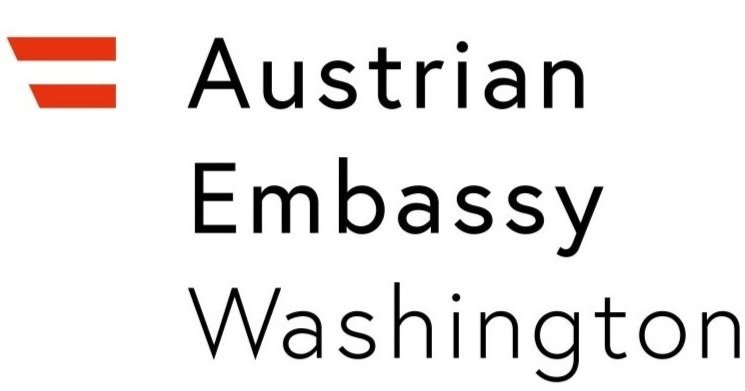Book Talk by Dr. Jonathan Singerton:
"The American Revolution and the Habsburg Monarchy."
In 1783, the Peace of Paris treaties famously concluded the American Revolution. However, the Revolution could have come to an end two years earlier had diplomats from the Habsburg realms—the largest continental European power—succeeded in their attempts to convene a Congress of Vienna in 1781. Bringing together materials from nearly fifty American, Austrian, Belgian, British, Czech, Dutch, French, German, Hungarian, Italian, Slovak, and Swedish archives, Jonathan Singerton reconstructs the full sweep of relations between the nascent United States and one of the oldest European dynasties during and after the American Revolution.
The first account to analyze the impact of the American Revolution in the Habsburg lands in full, this book highlights how the American call to liberty was answered across the furthest reaches of central and eastern Europe. Although the United States failed to sway one of the largest, most powerful states in Europe to its side in the War for American Independence, for several years, the Habsburg ruling and mercantile elites saw opportunity, especially for commerce, in the news of the American Revolution. In the end, only Thomas Jefferson’s disdain for Holy Roman Emperor Joseph II and avoidance of Habsburg diplomatic representatives in Paris prevented Vienna’s formal recognition of the United States, resulting in a half century of uneven Habsburg-American relations.
By delineating the earliest social and economic exchanges between the Habsburg monarchy and the United States after 1776, Singerton offers a broad reexamination of the American Revolution and its international reverberations and presents the Habsburg monarchy as a globally oriented power in the late eighteenth century.
Q&A and a reception follow.
About the speaker:
Dr. Jonathan Singerton is a lecturer and research fellow at the University of Innsbruck, Austria. Previously, he was a fellow at the Institute for Habsburg Studies at the Austrian Academy of Sciences in Vienna. He received his Ph.D. in history from the University of Edinburgh in 2018 and was awarded the university’s Jeremiah Dalziel Prize in British History. He has also held numerous fellowships in the United States and Europe for his research that focuses on the global connections of central Europe, particularly in the eighteenth and nineteenth centuries. Currently, at the University of Innsbruck, he teaches global and oceanic aspects of Austrian history. His first book, The Habsburg Monarchy and the American Revolution, explores the myriad responses towards the creation of the American republic in the Habsburg monarchy.
Dr. Jonathan Singerton


